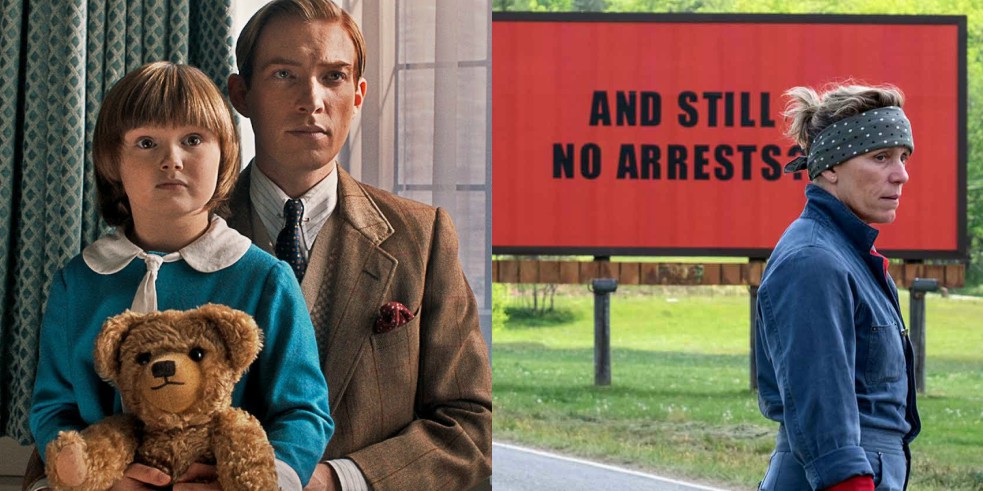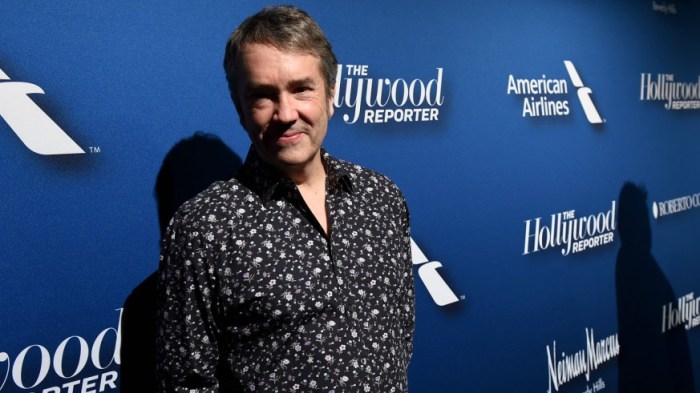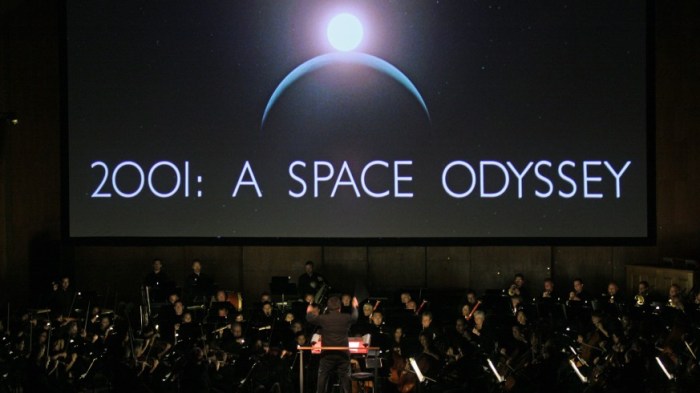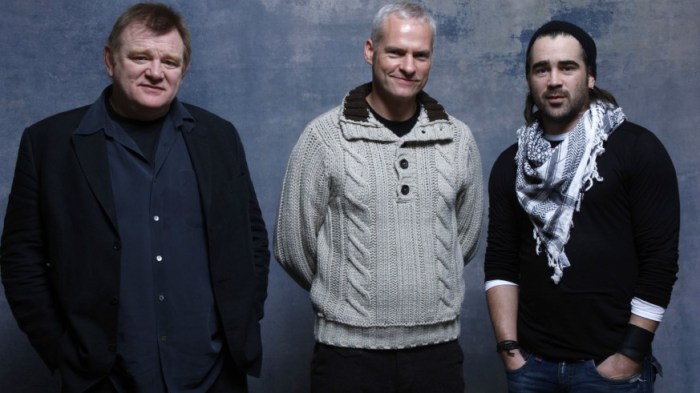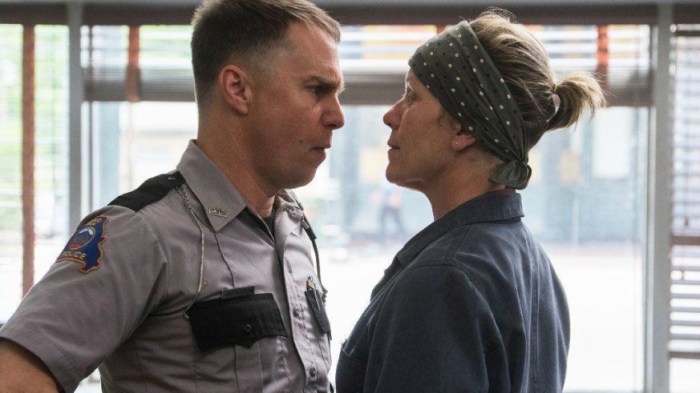Fall is always a busy period for Carter Burwell. It’s not just that the legendary movie composer is always in demand, it’s that filmmakers with awards season aspirations turn to him to bring their vision to life.
Burwell has worked with Bill Condon, David Mamet, Toddy Haynes, Stephen Frears, Spike Jonze, David O. Russell, Mike Nichols, Doug Liman, Sidney Lumet, and Charlie Kaufman, as well as the Coen Brothers 15 times, too.
Most recently Burwell has collaborated with Todd Haynes on “Wonderstruck,” Martin McDonagh on “Three Billboards Outside Ebbing, Missouri,” and Simon Curtis on “Goodbye Christopher Robin,” each of which were released in the past month, and each of which are aiming to be awards season contenders over the next few weeks.
I recently had the opportunity to talk to Carter Burwell, where we discussed his approach to the recently released “Goodbye Christopher Robin” and “Three Billboards Outside Ebbing, Missouri.”
What was your approach to making sure that “Goodbye Christopher Robin” and “Three Billboards Outside Ebbing, Missouri” had distinct music?
“They are both very individual. You always try to have the music be about the film. When the films are so different that makes it easier actually. It is harder when they have things in common. Putting aside the stories they are both individual in every possible way, in story and in sensibilities, and in how they appeal to audiences.”
The ending of “Goodbye Christopher Robin” is particularly emotional, talk about trying to find the right tone with that film?
“It’s not something that I think of straight away. In fact the movie is bookended, and the opening mirrors the ending, so I really treated those as their own thing. Because apart from those two bits the film is rather chronological with its story development.”
“But it was a challenge in the writing of the script and the making of the film to find the right tone between the trauma of the war and the peace of the countryside, and the dichotomy of the father and the son, and they wanted all four of those things.”
“They wanted all four of those things; the war, the countryside, the father, the son, all present at both the beginning and the ending, so that represented its own particular challenge.”
There were plenty of sniffles in my screening at the end.
“With regard to the sniffles, one of the things that we were doing constantly was trying to pull back on any sentimentality. Because the simple facts of the story are so heartbreaking, so we tried to avoid the music pushing emotional buttons”
“Something I try to achieve is not just mirroring the things that you see on the screen and just amplifying them emotionally. That’s one thing that music can do. I try not to do that. I try to find another aspect of what you are seeing rather than the obvious thing.
“I’ll be honest, though. I have worked on films where the director has been, ‘We need help here. You have got pull the emotion out.’ But in this particular film we were always trying to do the opposite because the story is so infused with emotion.”
“That also happens because music is usually the last thing to go into a film, too. So part of being a film composer is that you are often asked to solve problems.”
“Three Billboards Outside Ebbing, Missouri” uses a very beautiful song [Amy Annelle’s cover on Buckskin Stallion Blues] right at the end. Did you discuss incorporating that song, or mirroring that song with your own music, with Martin McDonagh?
“No, we didn’t discuss it. I think when I started working on it the song wasn’t in there yet. But we both love that Townes Van Zandt song. I wanted to score to feel like it was from that place in a sense. Like it was from the middle part of the United States, and the song has to feel like it is from there, too. But that wasn’t a planned coincidence.”
“It doesn’t always. There are times when location is like a character. And that is certainly true in “Three Billboards,” where like a lot of Martin’s plays and films the characters are sort of trapped. So many of his plays take place on an island, and Ebbing is like an island because no-one ever discusses any other place.”
“With “Goodbye Christopher Robin” it was the location and time period that we wanted to really bring out., and it was something I talked to Simon about even before he shot the film.”
I spoke to Carter Burwell at the Hamptons International Film Festival.

